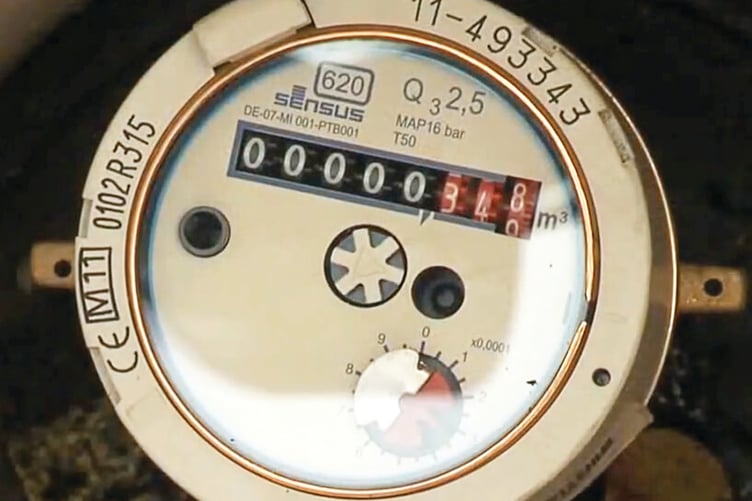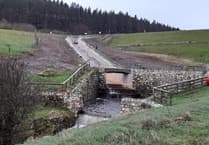Manx Utilities (MU) said potential proposals for the installation of domestic water meters have led to ‘significant concern and uncertainty’.
Water metering is likely to be recommended as part of a Water Resources Management Plan with a cost benefit analysis of the measure due to be completed in June next year.
Details emerged as MU unveiled its pricing strategy for the next five years.
It says water metering is a key way of encouraging customers to reduce their consumption through minimising wastage.
It has, however, ruled out universal metering of domestic water supplies, in line with recommendations contained in a report by consultants Economic Consulting Associates.
In an update on its social media page, MU acknowledged: ‘The reference to the potential installation of domestic water meters within the recently published pricing strategy appears to have led to significant concern and uncertainty around the future cost of water on the Isle of Man.
‘Manx Utilities would like to give some additional background around this topic to dispel some myths that are circulating and give some comfort to customers who have concerns or are worried about the potential impact on them.’
MU says studies indicate that the Isle of Man currently has adequate water stocks to cope with an extreme drought event but due to increasingly unpredictable weather patterns and population growth, this may not be the case in the future.
Initial investigations suggest that the amount of water used at home is higher in the Isle of Man than in other jurisdictions such as the UK and the Channel Islands.
The answer is to provide more water for the future or using less - or a combination of both.
Increasing stocks through a new reservoir or a desalination plant are both very expensive, environmentally damaging and carbon intensive.
MU says a far more cost effective sustainable and responsible approach is to reduce levels of leakage and encouraging customers to use less water - which is where meters come in as customers pay for the water they use.
The authority said a number of studies need to be completed in order to conclude that the installation of water meters is definitely part of the solution.
It said it intends to begin with some pilot schemes using staff members and community volunteers to help determine average water consumption and which meters and supporting technology are most effective.
Most properties currently pay for their water through their rates, although a number of commercial premises already have water meters installed.
Should charges for metered water be introduced then this would be instead of paying through rates.
MU said it intends to create a charging mechanism that brings in a similar amount of revenue to the current system in order to cover its costs of supplying water.
It hasn’t ruled out introducing a standing charge if water metering does come in.




.jpeg?width=209&height=140&crop=209:145,smart&quality=75)